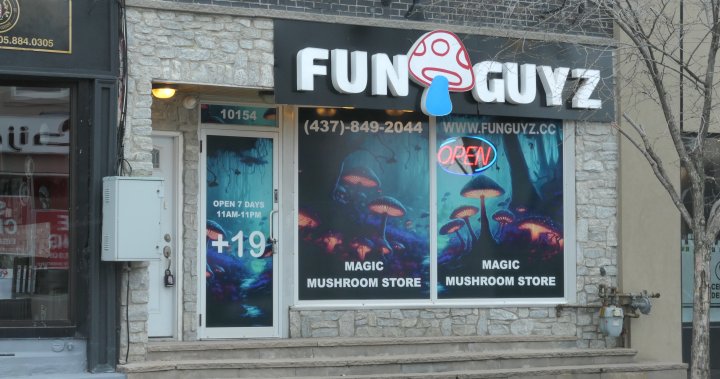In a comprehensive law enforcement operation dubbed “Project Magic,” Ontario police have targeted the FunGuyz chain, an illegal retailer of magic mushrooms, conducting multiple raids across the province. The coordinated effort has resulted in the seizure of substantial quantities of psilocybin products, DMT, illicit cannabis, and significant cash and property assets, alongside criminal charges against 15 individuals. This crackdown reflects ongoing challenges in enforcing Canada’s strict regulations on psilocybin, highlighting tensions between law enforcement, public health advocacy, and emerging debates over psychedelic substance policy.
Details of the Police Operation
On the morning of the raids, law enforcement agencies across Ontario, including local police departments and provincial narcotics units, executed coordinated searches at FunGuyz retail locations. The stores, known for openly selling psilocybin products despite their illegal status under Canadian federal law, were the specific targets due to complaints from the community and ongoing surveillance by authorities.
The operation, named “Project Magic,” was designed after months of intelligence gathering and planning. Officers confiscated large quantities of psilocybin mushrooms, identified as the primary product sold by the chain, along with N,N-Dimethyltryptamine (DMT), unauthorized cannabis products, cash estimated at hundreds of thousands of Canadian dollars, and various assets linked to the businesses.
Charges and Legal Implications
Fifteen individuals associated with the FunGuyz stores have been formally charged with offenses related to the possession, trafficking, and distribution of controlled substances. The charges also include counts related to proceeds of crime and possession of property obtained through illegal activities. Authorities emphasize that these actions are part of broader efforts to enforce drug laws and prevent the unregulated sale of psychoactive substances.
Legal experts note that despite growing public discourse advocating for the therapeutic and regulated use of psilocybin, current legislation classifies it as a Schedule III controlled substance, making unauthorized sale and distribution a criminal offense. The FunGuyz case represents one of the more significant enforcement actions in the province related to psychedelic substances.
Public Health and Policy Perspectives
The police raids have stirred a wider debate involving public health officials, advocates for drug policy reform, and the medical community. Proponents of decriminalization argue that accessible, regulated psychedelic substances could offer significant benefits for mental health, including treatment-resistant depression and PTSD.
Conversely, law enforcement agencies stress the importance of controlled, licensed frameworks to ensure public safety, prevent misuse, and mitigate risks associated with unregulated drug markets. Health officials have also expressed concerns regarding the quality control and potential health risks posed by unsanctioned vendors.
This incident underscores the complex challenges faced by policymakers in balancing enforcement with emerging perspectives on psychedelic therapies and criminal justice reform.
Ongoing Investigations and Future Developments
Investigations continue as authorities seek to ascertain the full extent of the FunGuyz operation and its network. Police have indicated the possibility of additional charges and further raids as the inquiry progresses.
Meanwhile, the case is expected to influence ongoing discussions at provincial and federal levels regarding the regulation of psychedelics. It may serve as a catalyst for re-evaluating current laws amid increasing public interest and scientific research into the medical applications of substances like psilocybin.
The crackdown on the FunGuyz chain through “Project Magic” highlights the complexities involved in regulating psychedelic substances under current Canadian law. While law enforcement’s seizure of illicit products and subsequent charges against individuals demonstrate a firm commitment to upholding drug regulations, the incident also brings to light the evolving debates surrounding the medical and therapeutic potential of psychedelics. As investigations continue, and public and policy discussions advance, this case may play a pivotal role in shaping future legislative approaches towards controlled substances like psilocybin, balancing public health concerns with emerging scientific evidence and advocacy for reform.

